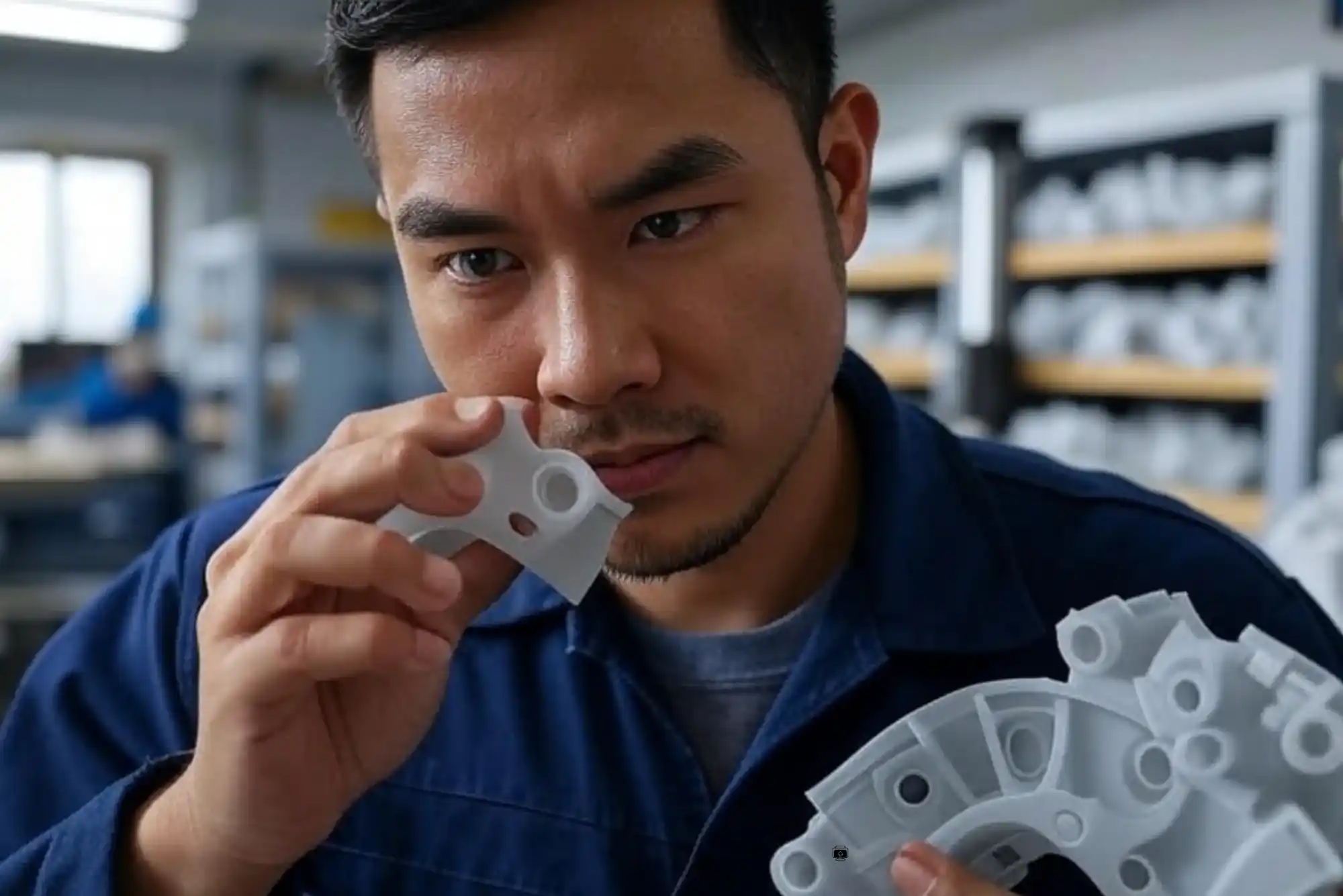In today’s competitive manufacturing landscape, choosing the right partner for producing plastic components can make or break a project. Businesses in industries such as automotive, medical devices, consumer electronics, and packaging rely heavily on the consistency and quality of plastic parts. That’s where the relationship between plastic parts manufacturers and injection molding parts suppliers comes into play. Ensuring reliability isn’t just about getting parts delivered on time—it’s about safeguarding product quality, reducing risks, and creating long-term efficiency in your supply chain.
Having worked with several manufacturers over the years, I’ve seen firsthand how selecting the right supplier can make a project smooth and profitable, while the wrong choice can lead to costly delays, product failures, or customer dissatisfaction. Reliability in injection molding is not just a technical requirement; it’s a strategic one. Let’s explore the steps companies can take to ensure they are partnering with dependable suppliers.
Understanding the Role of Injection Molding in Manufacturing
Injection molding is one of the most widely used processes for producing plastic components at scale. It allows manufacturers to create high-precision parts with repeatability, which is essential in industries where even small defects can lead to product failure. Because of its importance, businesses often depend on specialized injection molding parts suppliers to meet their production needs.
Reliability in this context means more than just producing the part correctly once. It includes consistent quality over thousands or millions of units, predictable lead times, and the ability to adapt to changes in design or demand. A reliable supplier ensures that your operations don’t stall and that your products meet market expectations without compromise.
Qualities of Reliable Plastic Parts Manufacturers
From my experience, the most dependable plastic parts manufacturers share several common traits. First, they are transparent about their capabilities and limitations. If a supplier overpromises and underdelivers, it often leads to misaligned expectations. Reliable manufacturers also invest in technology, such as advanced molding machines and quality control systems, to ensure accuracy and consistency.
Another key quality is their approach to customer service. A dependable supplier acts as a partner rather than just a vendor. They’re willing to collaborate on design optimization, suggest improvements for manufacturability, and remain flexible when market conditions change. When evaluating potential suppliers, paying attention to their communication style can reveal a lot about how they handle long-term partnerships.
Evaluating Technical Capabilities
When businesses look for injection molding parts suppliers, one of the first things to examine is their technical expertise. Do they have the machinery and tools necessary to produce complex designs? Are they capable of handling different materials, including high-performance plastics for specialized applications?
I recall working with a supplier who initially seemed capable, but when our project required a switch to engineering-grade plastics, they struggled to maintain tolerances. This taught me the importance of asking upfront about a supplier’s full range of material expertise and testing their ability to meet future demands, not just immediate ones.
Reliability means anticipating growth and scaling without disruption. Suppliers that continuously upgrade their technology and workforce training are better positioned to handle evolving client needs.
Importance of Quality Control Processes
Quality control is the backbone of reliability. Without robust systems in place, even the best machinery cannot guarantee consistency. When considering plastic parts manufacturers, businesses should inquire about their inspection methods. Do they employ statistical process control (SPC)? How often are parts checked during production runs?
A truly reliable supplier doesn’t just react to defects; they prevent them. Some of the best suppliers I’ve encountered conduct detailed first article inspections, run mold flow analyses, and integrate automated vision systems to catch deviations early. These proactive measures reduce the risk of defective parts reaching the customer and demonstrate a commitment to excellence.
Supply Chain and Delivery Reliability
Timely delivery is often as critical as part quality. Even the most precisely molded component loses its value if it doesn’t arrive when production lines need it. Injection molding parts suppliers must have robust logistics and supply chain management systems to ensure consistent deliveries.
One factor to look at is how they handle raw material sourcing. Suppliers that diversify their sourcing strategies and maintain buffer inventories are generally more reliable, especially during global supply chain disruptions. I’ve seen cases where businesses faced weeks-long delays because their supplier relied on a single overseas resin provider. Reliable suppliers think ahead and prepare for such challenges.
Certifications and Industry Standards
Another way to gauge reliability is through certifications. For industries like medical devices or automotive, adherence to standards such as ISO 9001 or IATF 16949 is not just a formality—it’s a necessity. Plastic parts manufacturers that invest in certifications signal their commitment to systematic quality and process management.
When evaluating potential partners, don’t hesitate to ask for proof of compliance. A reliable supplier will willingly share this information, knowing that certifications reassure customers of their professionalism and capability.
Building Trust Through Transparency
Reliability also grows out of trust, and transparency plays a huge role in that. A trustworthy injection molding parts supplier will be upfront about potential challenges, costs, and lead times. In contrast, unreliable partners may withhold information, only revealing issues when it’s too late to adjust.
For example, I once collaborated with a supplier who openly shared that a new mold design would extend lead times by several weeks. While the delay was not ideal, their honesty allowed us to adjust our schedule accordingly, and the project ultimately succeeded. Transparency fosters stronger long-term relationships where both parties can plan effectively.
Long-Term Partnerships and Continuous Improvement
Finally, reliability is not just a one-time achievement—it’s maintained through ongoing improvement. The best plastic parts manufacturers treat every project as an opportunity to refine processes, enhance efficiency, and deepen their partnerships with clients.
Businesses should look for suppliers who demonstrate a commitment to continuous learning, whether through staff training, adopting new materials, or implementing greener manufacturing practices. Long-term relationships with such suppliers are more resilient and adaptable to market shifts.
Final Thoughts
Ensuring reliability in injection molding parts suppliers requires a holistic approach. It’s not enough to assess price alone; businesses must evaluate technical capabilities, quality control processes, supply chain resilience, and customer service. Reliable plastic parts manufacturers act as strategic partners, helping companies innovate, scale, and maintain product excellence over time.
When you invest the effort in carefully selecting and nurturing these partnerships, the payoff is significant—reduced risks, consistent product quality, and smoother operations. Reliability, in the end, is not just about avoiding problems; it’s about building a foundation for long-term success.











